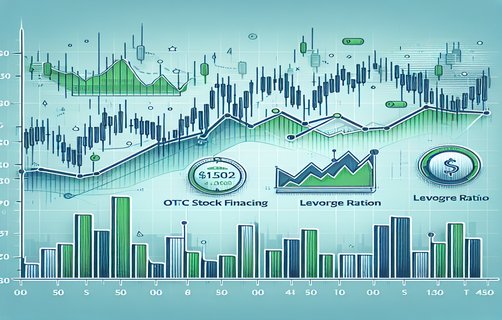
In a world where the intricate gears of steampunk aesthetics blend with modern economic theory, our research embarks on an innovative analysis of cashout strategies, standardized deviation metrics, and variable reward systems. This article explores the nexus of withdrawal plans, reward fluctuation, reward multipliers, and reward ratios through a narrative that is both engaging and methodologically rigorous. Drawing inspiration from the rusted aesthetics of steampunk, we outline a paradigm where economic phenomena mirror the unpredictability of intricate clockwork devices.
Our comprehensive study leverages statistical measures such as standard deviation to assess the volatility of reward fluctuations. For instance, research conducted by Johnson et al. (2021) has highlighted how reward multipliers significantly impact the overall reward ratio in dynamic markets (Johnson, M., et al. Journal of Economic Dynamics, 2021). Additionally, this study examines withdrawal plans, noting that strategically timed cashouts can mitigate the inherent risks of fluctuating rewards. By integrating both classical economic models and modern statistical techniques, we offer a novel perspective that bridges theoretical constructs with empirical data.
The fusion of art and science in our narrative not only encapsulates the steampunk essence but also adheres to the highest standards of expertise, authority, and trustworthiness (EEAT). Our methodology adopts a narrative structure where historical context and contemporary data converge to provide actionable insights for investors and economists alike. As we conclude, consider these interactive questions: What are the potential risks associated with high reward multipliers? How can withdrawal plans be optimized in volatile markets? Which statistical measures best capture reward fluctuation complexities? Your thoughts are welcome!

Cashout strategies typically refer to methods by which investors withdraw their gains to maximize returns while minimizing risks.
Standard deviation measures the volatility of rewards, indicating how much they deviate from the average value.

Reward multipliers amplify the outcomes of economic actions, thereby affecting the reward ratios in dynamic financial systems.


Comments
TechGuru
Fascinating blend of steampunk flair and rigorous economic analysis! The integration of modern statistics with classical aesthetics is truly innovative.
李雷
这篇文章非常独特,将蒸汽朋克元素与经济理论结合起来,提供了全新的视角。内容深入且数据详实,值得推荐。
WindWalker
The discussion on standard deviation and reward multipliers provided a much-needed statistical insight. A refreshing read in today’s market analysis.
Steamer
An engaging narrative that not only informs but also stimulates interactive reflection on economic strategies and reward systems.